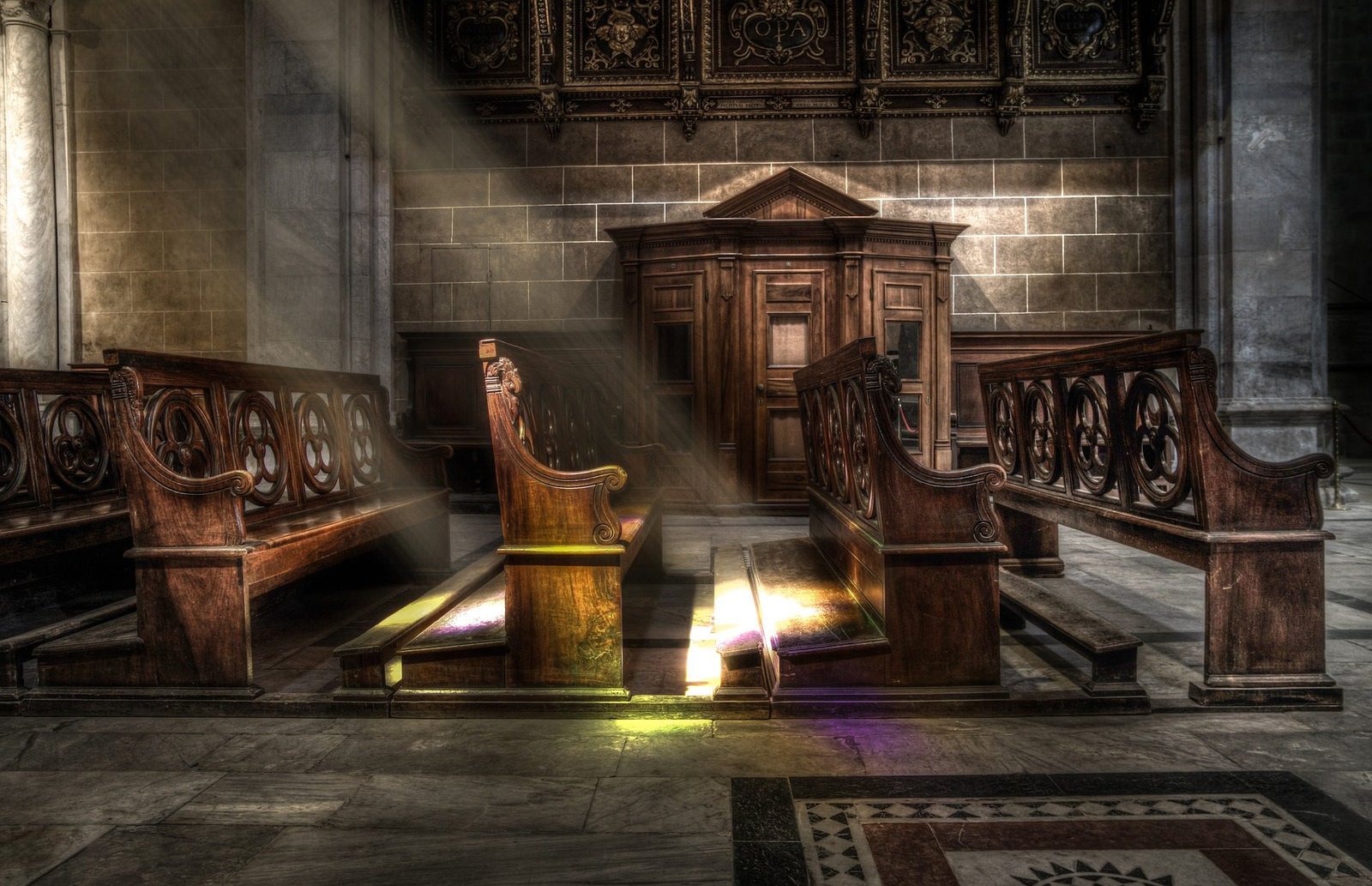George Whitefield was probably the most famous religious figure of the eighteenth century. Newspapers called him the “marvel of the age.” Whitefield was a preacher capable of commanding thousands through the sheer power of his oratory. In his lifetime, he preached at least 18,000 times to perhaps 10 million hearers.
As a boy in Gloucester, England, he read plays insatiably and often skipped school to practice for his schoolboy performances. Later in life, he repudiated the theater, but the methods he learned as a young man emerged in his preaching.
He put himself through Pembroke College, Oxford, by waiting on the wealthier students. While there, he fell in with a group of pious “methodists”—who called themselves “the Holy Club”—led by the Wesley brothers, John and Charles. Under their influence, he experienced a “new birth” and decided to become a missionary to the new Georgia colony on the other side of the Atlantic Ocean.
When the voyage was delayed, Whitefield was ordained a deacon in the Anglican church and began preaching around London. He was surprised to discover that wherever he spoke, crowds materialized and hung on every word. These were no ordinary sermons. He portrayed the lives of biblical characters with a realism no one had seen before. Among the enthralled was David Garrick, the most famous actor in Britain. “I would give a hundred guineas,” he said, “if I could say ‘Oh’ like Mr. Whitefield.”
Whitefield eventually made it to Georgia but stayed for only three months. When he returned to London, he found many churches closed to his unconventional methods. He then experimented with outdoor, extemporaneous preaching, where no document or wooden pulpit stood between him and his audience.
In 1739, Whitefield set out for a preaching tour of the American colonies. Whitefield selected Philadelphia as his first American stop. But even the largest churches could not hold the 8,000 who came to see him, so he took them outdoors. Every stop along Whitefield’s trip was marked by record audiences, often exceeding the population of the towns in which he preached.
Whitefield also made the slave community a part of his revivals. He increasingly sought out audiences of slaves and wrote on their behalf. The response was so great that some historians date it as the genesis of African-American Christianity.
Everywhere Whitefield preached, he collected support for an orphanage he had founded in Georgia during his brief stay there in 1738, though the orphanage left him deep in debt for most of his life.
The spiritual revival he ignited, the Great Awakening, became one of the most formative events in American history. His last sermon on this tour was given at Boston Commons before 23,000 people, likely the largest gathering in American history to that point.
With every trip across the Atlantic, he became more popular. Before his tours of the colonies were complete, virtually every man, woman, and child had heard the “Grand Itinerant” at least once. So pervasive was Whitefield’s impact in America that he can justly be styled America’s first cultural hero. Indeed, before Whitefield, it is doubtful any name, other than royalty, was known equally from Boston to Charleston.
In 1770, the 55-year-old continued his preaching tour in the colonies. He ignored the danger signs of ill health, in particular asthma that brought “great difficulty” in breathing. His last sermon took place in the fields, atop a large barrel.
“He was speaking of the inefficiency of works to merit salvation,” one listener said, “and suddenly cried out in a tone of thunder, ‘Works! works! A man gets to heaven by works? I would as soon think of climbing to the moon on a rope of sand.'”
The following morning he died.





Good morning Holly- I read your blog every day and enjoy the mixture. Some I forward to a new Christian man I am attempting to disciple. God bless you in all your endeavors.